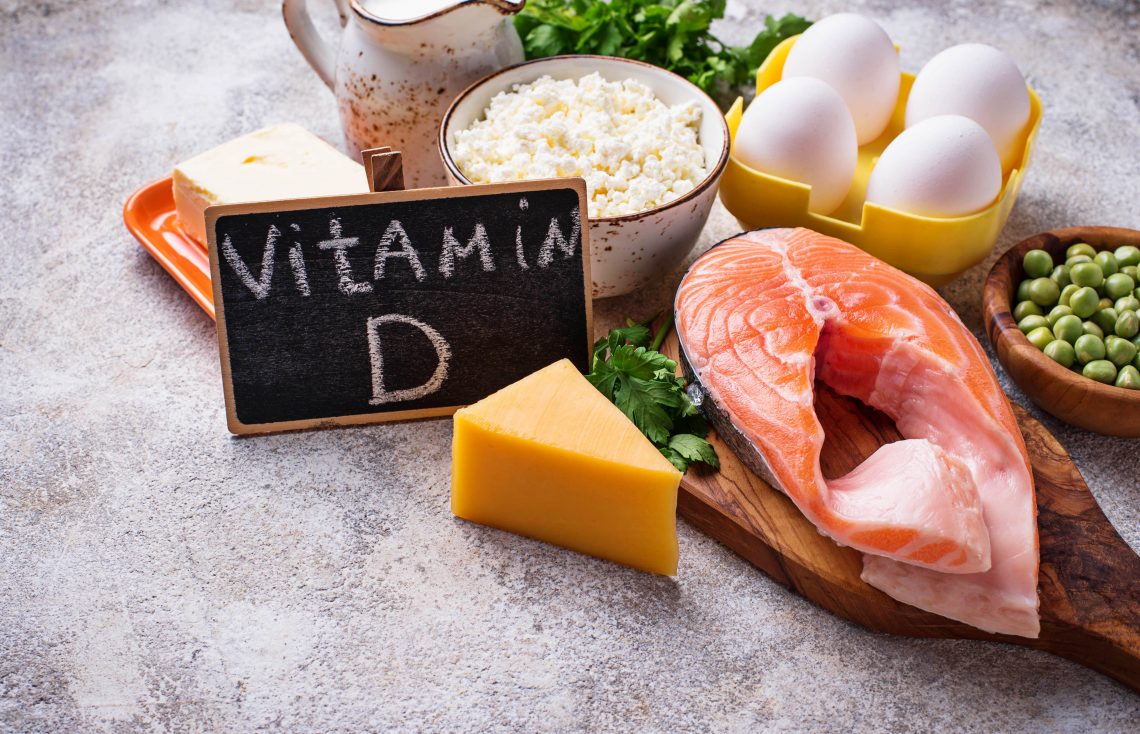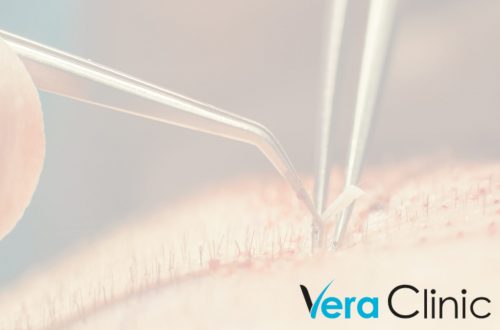
Benefits of Vitamin D in Our Body
Vitamin D is an important nutrient that our body needs in order to stay healthy. It helps our bodies absorb calcium, which is essential for strong bones and teeth. Vitamin D also helps protect us from diseases such as osteoporosis, heart disease, cancer, and diabetes.
There are many ways to get vitamin D. Our bodies make vitamin D when our skin is exposed to sunlight. We can also get vitamin D from certain foods such as fatty fish, eggs, and fortified milk and cereals. Some people may need to take a supplement to get enough vitamin D.
The health benefits of vitamin D are well-established. Vitamin D helps our bodies absorb calcium, which is essential for strong bones and teeth. Vitamin D also helps protect us from diseases such as osteoporosis, heart disease, cancer, and diabetes.
A recent study found that vitamin D may also have cognitive benefits. The study found that older adults who had higher levels of vitamin D were more likely to score higher on tests of cognitive function than those with lower levels of vitamin D.
Vitamin D is an important nutrient that our body needs in order to stay healthy. If you think you might be deficient in vitamin D, talk to your doctor about getting your levels checked.
Maximum Vitamin D Intake
As we age, our bones can become weaker and more brittle. To help keep our bones healthy and strong, it’s important to make sure we’re getting enough vitamin D. Vitamin D helps our body absorb calcium, which is essential for bone health.
The recommended daily amount of vitamin D for adults is 600 international units (IU). However, some experts suggest that people over the age of 50 should get 800 IU of vitamin D per day.
There are a few ways to get vitamin D. The best way is to spend time in the sun. Our bodies make vitamin D when our skin is exposed to the sun’s ultraviolet rays. However, it’s important to limit our sun exposure to prevent skin cancer.
Another way to get vitamin D is through food. Some foods, such as fatty fish, are naturally high in vitamin D. Other foods, such as milk and cereal, are often fortified with vitamin D. You can also take a supplement to make sure you’re getting enough vitamin D.
If you take a supplement, be sure to not take more than the recommended daily amount of 4000 IU. Taking too much vitamin D can be harmful and can cause problems such as kidney stones and dehydration.
If you’re concerned about your vitamin D intake, talk to your doctor. They can order a blood test to check your level of vitamin D and make recommendations on how to increase your intake if necessary.
Foods with Natural Vitamin D
Vitamin D is an essential nutrient that helps our bodies absorb calcium and phosphorus, two minerals critical for strong bones and teeth. Vitamin D also supports our immune system and helps regulate cell growth. Our bodies produce vitamin D naturally when our skin is exposed to sunlight. However, many people don’t get enough sun exposure to produce adequate amounts of vitamin D, making it important to include foods with natural vitamin D in our diets.
Some of the best food sources of natural vitamin D include fish such as salmon, tuna, and mackerel, which are all high in a form of vitamin D called “D3.” Egg yolks also contain vitamin D, as do beef liver and cheeses made from whole milk. For vegetarians and vegans, mushrooms are a good source of natural vitamin D. Certain types of mushrooms, such as shitake and oyster mushrooms, can even produce significant amounts of vitamin D when exposed to ultraviolet (UV) light.
In addition to including foods with natural vitamin D in our diets, we can also get this important nutrient from supplements. However, it’s important to talk with a healthcare provider before starting any supplement regimen, as too much vitamin D can be toxic. The Recommended Dietary Allowance (RDA) for vitamin D is 600 IU (international units) per day for people aged 1-70 years old, and 800 IU per day for people over 70 years old.





